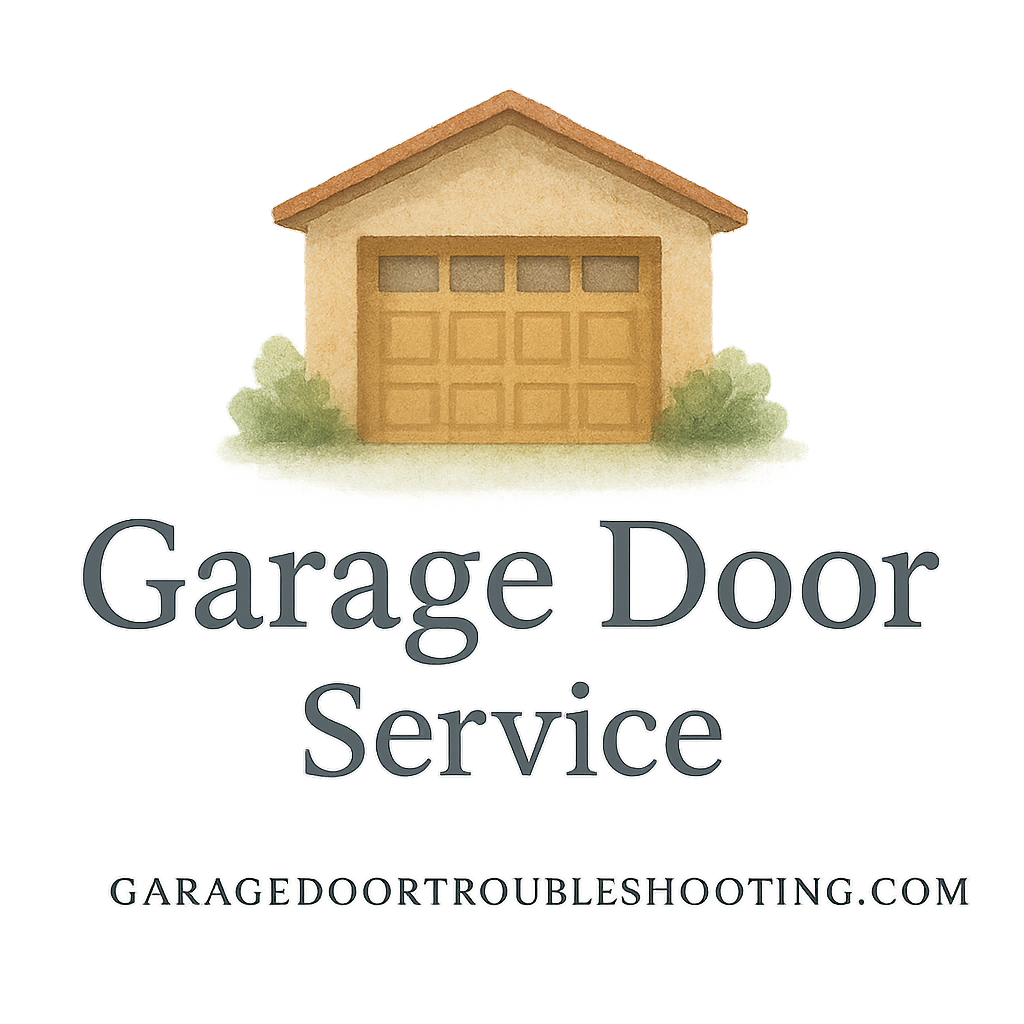Introduction
Ever hit the garage door remote and nothing happens? Frustrating, right? A faulty garage door opener can throw off your whole day—whether you’re running late for work or stuck in the rain. If your garage door opener isn’t responding, don’t panic. Understanding the root causes can save you time, stress, and even money.
In this article, we’ll dive into the 7 most common causes of garage door opener failure, how to fix them, and when it’s best to call in the pros. Let’s get your garage door back on track—literally.
1. Power Supply Issues
Checking the Outlet and Circuit Breaker
Let’s start simple: is your garage door opener plugged in? You’d be surprised how often this is overlooked. If it is, test the outlet with another device. If that doesn’t work, check the circuit breaker. A tripped breaker is a common culprit.
Need more help? Our garage door repair guides walk you through basic troubleshooting steps.
Dealing With Power Surges
Garage doors, like any electrical appliance, are vulnerable to power surges. These can fry the internal board. Installing a surge protector or plugging the opener into a grounded outlet can protect your investment.
2. Remote Control Malfunctions
Battery Problems
When your remote doesn’t respond, it’s often a battery issue. Swap them out and try again. Easy fix, right?
Interference From Nearby Devices
If new batteries don’t solve the problem, radio frequency interference could be the problem. Nearby baby monitors, wireless speakers, or even your neighbor’s remote could be interfering with the signal.
Need a full breakdown? Visit our page on garage door communication issues.
3. Sensor Misalignment
Dirty or Blocked Sensors
Garage door openers rely on safety sensors. If something’s blocking them, the door won’t close. Clean the lenses and check for cobwebs, dust, or debris.
How to Realign Your Garage Door Sensors
If cleaning doesn’t do the trick, the sensors might be misaligned. Adjust them until both sensor lights are solid. Blinking lights usually mean there’s a misalignment.
For ongoing peace of mind, check out our garage door maintenance tips.

4. Worn-Out Gears or Motor Components
Signs of Mechanical Wear
If you hear grinding or buzzing noises when you press the button, the motor might be struggling. Over time, gears inside the opener wear out.
When to Replace the Motor
If your opener is over 10–15 years old and showing signs of strain, it might be time for a new one. We recommend reading our garage door installation advice before choosing a replacement.
5. Limit Settings Are Incorrect
What Are Limit Switches?
These tell your opener how far the door should travel. If they’re off, your door might stop short or close too hard.
How to Adjust Limit Settings
Check your opener’s manual for instructions on adjusting the up and down limits. It’s usually a matter of turning a screw or dial.
Still confused? Learn more from our garage door homeowner tips.
6. Broken Springs or Cables
Tension Springs vs. Extension Springs
These do the heavy lifting. If one snaps, your door won’t budge—or worse, it could slam shut.
The Danger of DIY Repairs
Springs are under serious tension. Trying to fix them yourself is dangerous. Seriously—don’t. Read why in our article on dangerous repairs.
Instead, rely on professional garage door services to handle the fix.
7. Obstructions in the Track or Door Path
Common Blockages to Look Out For
It could be a shovel, a toy, or even dirt buildup. Anything in the track can prevent smooth operation.
How to Keep Tracks Clean
Regularly check for debris and use a damp cloth to wipe down the tracks. Lubricate the rollers while you’re at it.
Want to create a maintenance plan? We’ve got you covered.
Preventative Maintenance Tips
- Lubricate moving parts monthly.
- Test sensors quarterly.
- Tighten bolts and screws—vibration loosens them over time.
- Replace remote batteries every 6 months.
Browse our complete garage door maintenance category for more tips.
When to Call a Professional
If you’ve gone through this list and still can’t pinpoint the issue, it’s time to call a professional. Whether it’s a hidden wiring issue, advanced motor failure, or something in the opener’s logic board, don’t guess—get expert help.
Check out our vetted service providers and ensure high service quality.
Conclusion
A broken garage door opener might seem like the end of the world—but it’s often something simple. From power supply hiccups to sensor issues and mechanical wear, most problems can be diagnosed with a little know-how.
Still unsure? Take a deep dive into our garage door repair section for more targeted guides. And remember, regular maintenance can prevent most of these issues from cropping up in the first place.
FAQs
1. How long do garage door openers usually last?
Most openers last 10 to 15 years with proper care. Regular maintenance can extend that lifespan.
2. Why does my garage door start to open but then stop?
This could be due to misaligned sensors, a faulty motor, or incorrect limit settings.
3. Can I fix a broken spring myself?
It’s highly discouraged. Garage door springs are under extreme tension and can cause serious injury. Hire a professional.
4. My remote only works sometimes—what’s going on?
Interference or low batteries are common culprits. If it continues, the receiver might be failing.
5. What’s the cost to replace a garage door opener?
It varies by model, but expect to spend $200–$500 including installation. Check our buying guide.
6. How often should I schedule garage door maintenance?
Every 6 months is ideal. Follow our maintenance tips to stay ahead of problems.
7. Can weather affect garage door opener performance?
Absolutely. Cold can cause metal parts to contract, and heat can impact sensors. Plan seasonally with our planning tips.


